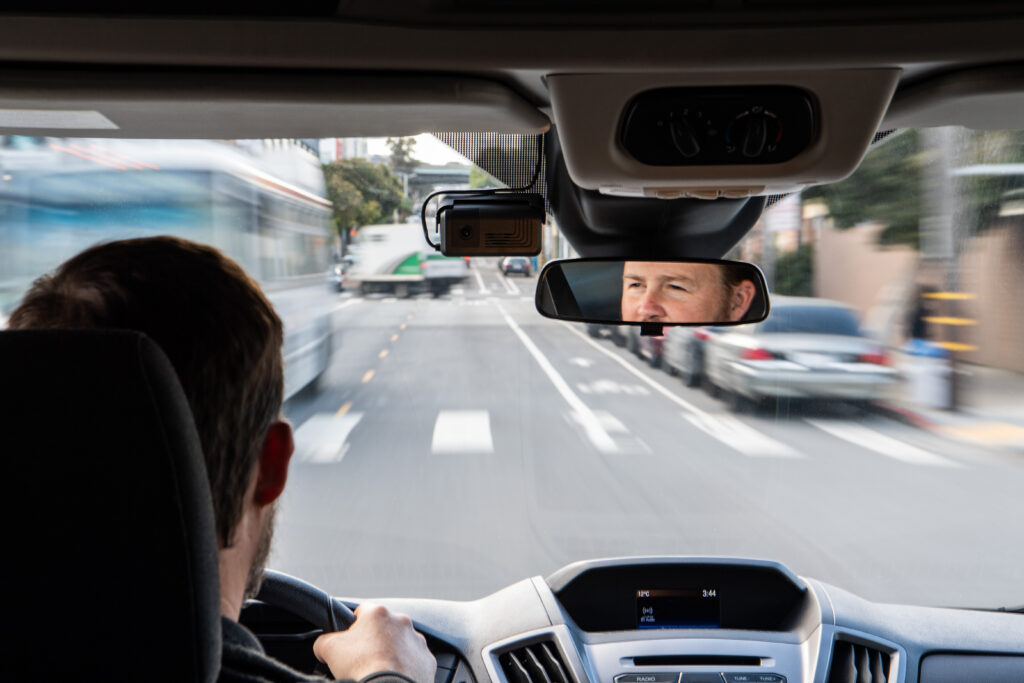[ad_1]
2nd August 2023

Samsara Inc. (NYSE: IOT), a pioneer of the Connected Operations™ Cloud, today announced new research, revealing that over half (55%) of physical operations leaders surveyed in the UK and Ireland could have a hybrid or electric fleet by 2025, rising from 42% currently.
Samsara’s 2023 State of Connected Operations Report, which surveyed 300 physical operations leaders in the UK and Ireland who are running fleets of 150+ vehicles, reveals sustainability of operations is a critical priority for more than half (53%) of these leaders.
Half of those surveyed are in the process of purchasing or leasing electric vehicles (EVs) for their fleets, while 45% are training their drivers to reduce fuel usage and idling as a way to combat the emissions they produce. In addition, two in five (41%) fleets are already using clean or sustainable fuels, and of those, 45% are using hydrogen fuel cells and 68% battery electric vehicles.
Growing social and investor demands for more sustainable operations are also influencing leaders in their day-to-day decisions to reduce carbon emissions, with the primary drivers being to meet customer and partner expectations (45%) and investor expectations (38%).
However, fleet operations face challenges when it comes to being more sustainable, with around half (49%) of leaders saying a major hurdle for electrifying their fleet is the lack of fast-charging stations. Another obstacle for many (46%) is the cost of electrifying their fleet.
Philip van der Wilt, SVP and General Manager EMEA at Samsara, said: “With sustainability a clear priority for physical operations leaders in the UK and Ireland, investing in ways to transform their fleet has never been more important. Connected technologies can play an important role in enabling operations leaders to create a modern, sustainable fleet, providing data that can improve fuel economy, create more efficient vehicle routing, and promote more eco-friendly driver behaviour.”
[ad_2]
Source link













